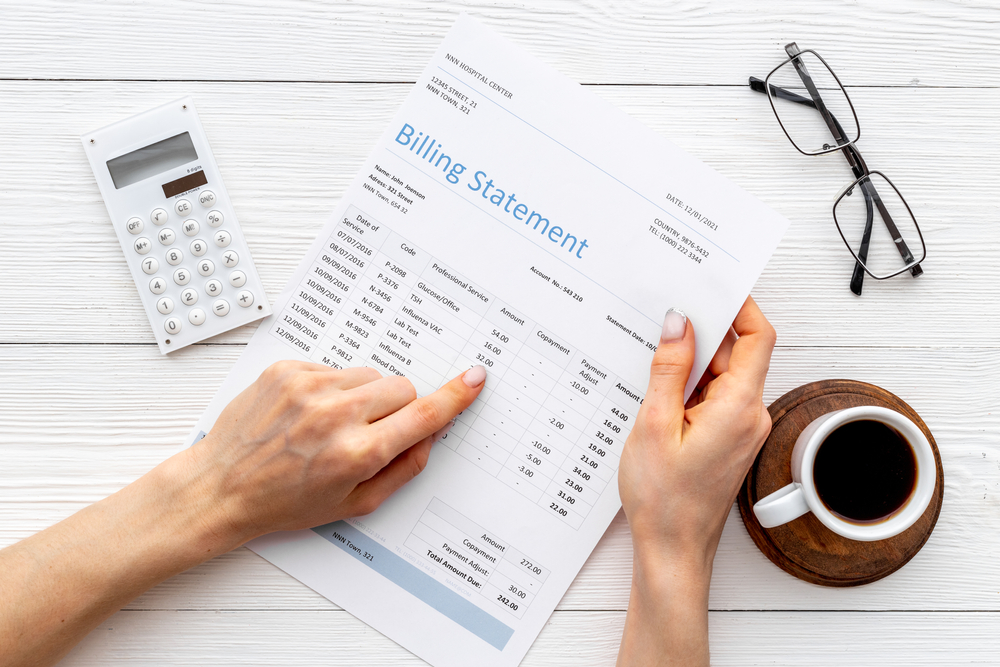“You need to pay $500 today,” the voice on the phone demanded.
It was 7:30 in the morning. I was in a hospital room with my son, who was 6 at the time. He’d just been admitted after spending all night in the emergency room. I was exhausted, stressed and not thrilled about having to deal with a financial transaction.
I told the woman from the billing department that the hospital had my insurance information, and I would pay anything that wasn’t covered after the bill was submitted to my insurer. She insisted I had to pay a $500 deposit immediately.
“Are you going to throw my son out of the hospital if I don’t pay you $500 today?” I snapped, already knowing the answer to the question.
After a long pause, she said no.
“Then bill my insurance company,” I said as I hung up.
It wasn’t the last time I battled a healthcare worker over money they said I had to pay.
Recently, the receptionist at my doctor’s office told me I had to pay $471.25 for a 10-minute visit. I told her to bill my insurance company – I’d pay anything I owed after that.
While we bickered, she fiddled on her computer. After a few minutes, she exclaimed, “Oh, it looks like you don’t owe anything. Your insurance will cover it all.”
Getting healthcare treatment for yourself or a loved one is stressful. Complicated costs and insurance policies make it even more so.
Had I given in and paid the hospital or the doctor when I didn’t need to, I would have had to wait for a refund from my insurance company. At best, it would have been processed automatically – though the payment would have taken months to arrive. At worst, I would have had to keep track of all of the paperwork and contact my insurer myself.
Copays are due at the time services are rendered. But any other charge should be billed to you or, if you have insurance, to your insurance company.
When it comes to healthcare costs, there are a few simple things you can do to make sure you pay only what you owe… and sometimes even less.
- Refuse to pay anything other than a copay until your healthcare provider bills you or your insurance company. That said, you should pay bills when you receive them. If you have a history of being late, providers may rightfully insist you pay something before seeing a doctor.
- Go over the bill, especially if it’s from a hospital. Hospital bills are notoriously filled with errors. If a hospital charged you $47 for Tylenol, be certain you actually got the Tylenol. If you were charged $500 for a test, make sure you received the test.
- Ask the doctor for a discount. If you’re paying out of pocket or have a high deductible, request a lower charge in return for paying upfront. Many providers will let you do this, especially if it means they don’t have to submit paperwork and wait for payment from your insurance company.
- Ask the doctor for free samples of medicine. Pharmaceutical reps give doctors lots of free samples. If your medication will be costly, your doctor should be happy to give you any free samples he or she has in stock.
When my son was 17, we took a trip to the emergency room for a dog bite. (It was nothing, and he was fine.) They gave him a Band-Aid and sent us on our way.
I went over that bill extremely carefully. I felt bad for the billing clerk who had to deal with me. But I was going to pay only what I owed.
You wouldn’t give in to an aggressive used-car salesman who was pushing you to spring for silly upgrades or an extended warranty. Don’t let yourself get shoved around by the billing clerks in a doctor’s office or hospital, either. Push back and advocate for yourself.
